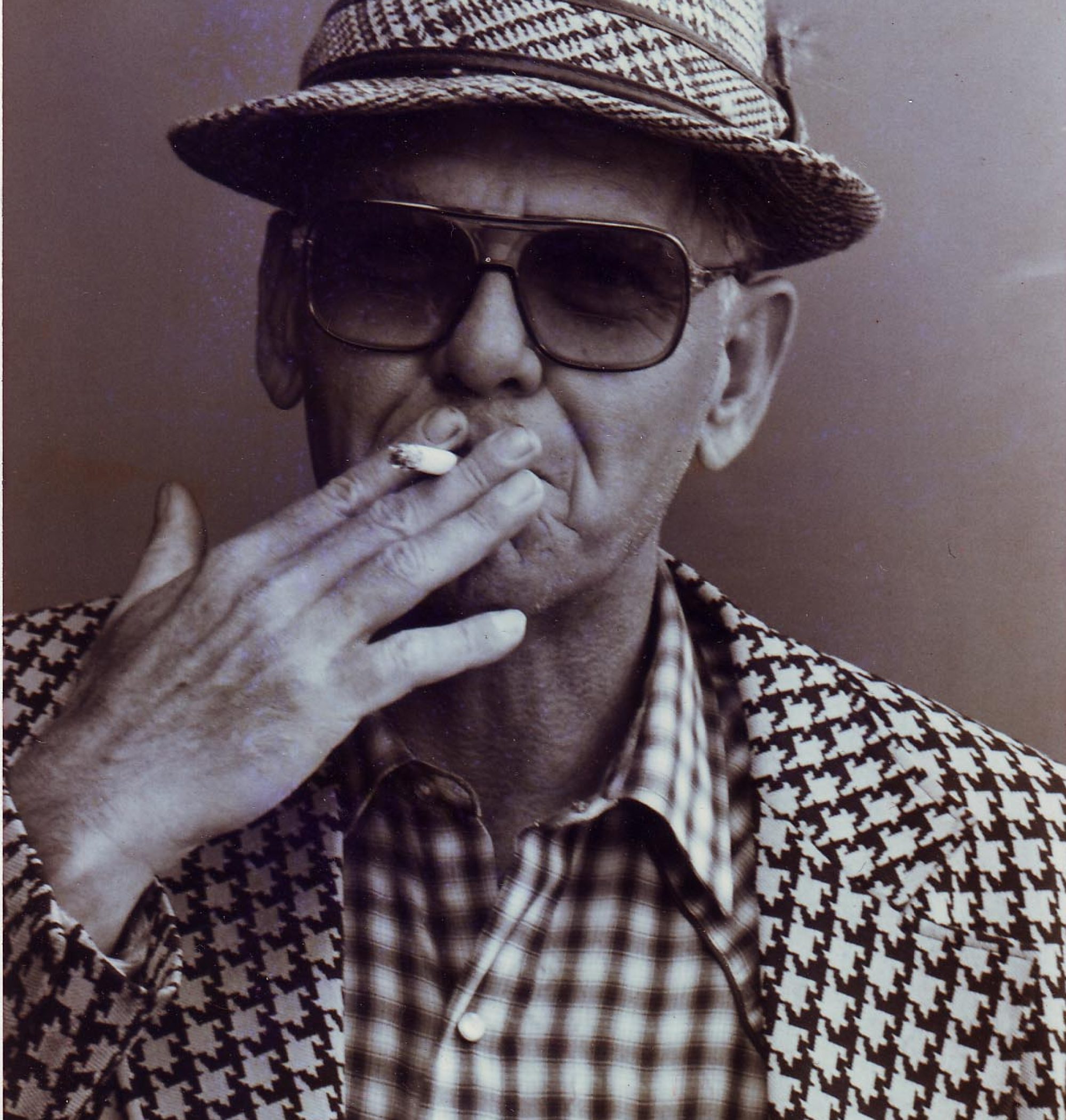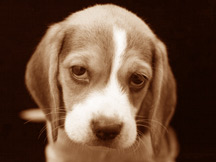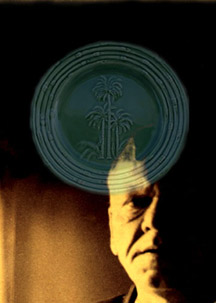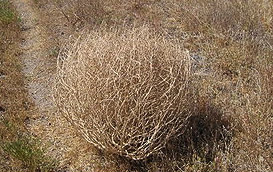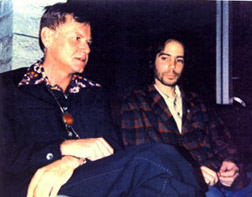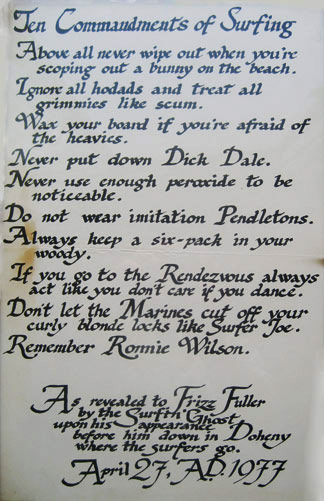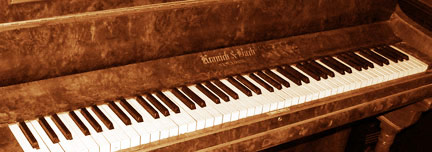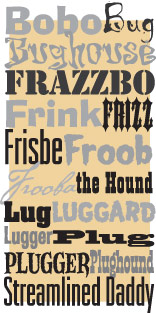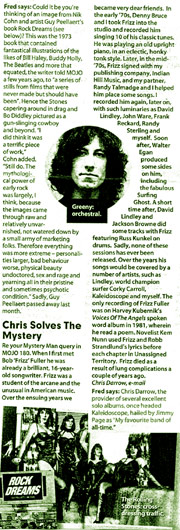Writer Wayne Wilson remembers his friend Frizz Fuller:
Rolph was a good dog—one of those rare, sweet-tempered German Shepherds that rarely barks, never bites.
Let us fly, brothers and sisters, on the wings of poesy to the early ’80s and the back yard of a craftsman cottage in Southern California. There, on the yellowed crabgrass Rolph lies snoozing before his own miniature house. Slowly a faint uneasiness tinctures his doggie reveries. He awakens. Those deep, caramel-hued eyes narrow as the wisps of his dreams merge into the hated image: a portly, bespectacled figure, features stamped with a permanent scowl. Rolph bares his teeth and lets out a snarl. He rises. Now, like a tabby sensing the approach of a loathsome rat, Rolph knows only the atavistic compulsion to rend and tear. Raw instinct sends him loping toward the street. His furious barks drown out the whine of leaf-blowers.
Let us imagine a two-tone DeSoto sedan and, behind the wheel, a chubby fellow cast in the very image of Rolph’s nemesis. See him pale as he beholds the hellish creature hurtling unerringly down the center of the pavement toward him.
“Lock the doors!” shouts Frizz—for indeed it is he—to his passengers, who do their very best not to laugh out loud. Tires squeal, and the enraged beast recedes in his rearview mirror.
Will you join me, brothers and sisters, in a silent prayer of thanksgiving?
